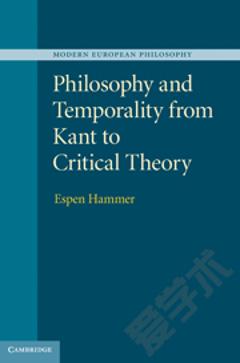Gilles Deleuze, Postcolonial Theory, and the Philosophy of Limit
Does a philosopher have an 'identity'? What kind of 'identity' is mobilized when the work of a philosopher becomes a major reference for certain schools of thought, as in the case of Gilles Deleuze and postcolonial theory? Have the promoters of a generalized Deleuzeanism taken care their usage of his specialized work does him justice? Few exponents of postcolonial and subaltern theories now dispute the influence that Deleuze's work exerted on the intellectuals and theorists who developed those theories. However, this book contends that postcolonial and subaltern theorists have engaged with Deleuzean thought in ways that have perhaps produced a long series of misunderstandings – for which Deleuze himself is not responsible. By engaging with recent innovations in North African culture and by examining the dissemination of Deleuze's identities across a broad range of postcolonial theory, Réda Bensmaïa shows that the 'encounter' between Deleuze and the postcolonial movement can only be understood through the idea of a 'transcendental' field, in which Deleuze and his postcolonial followers find themselves captured.
{{comment.content}}








 京公网安备 11010802027623号
京公网安备 11010802027623号